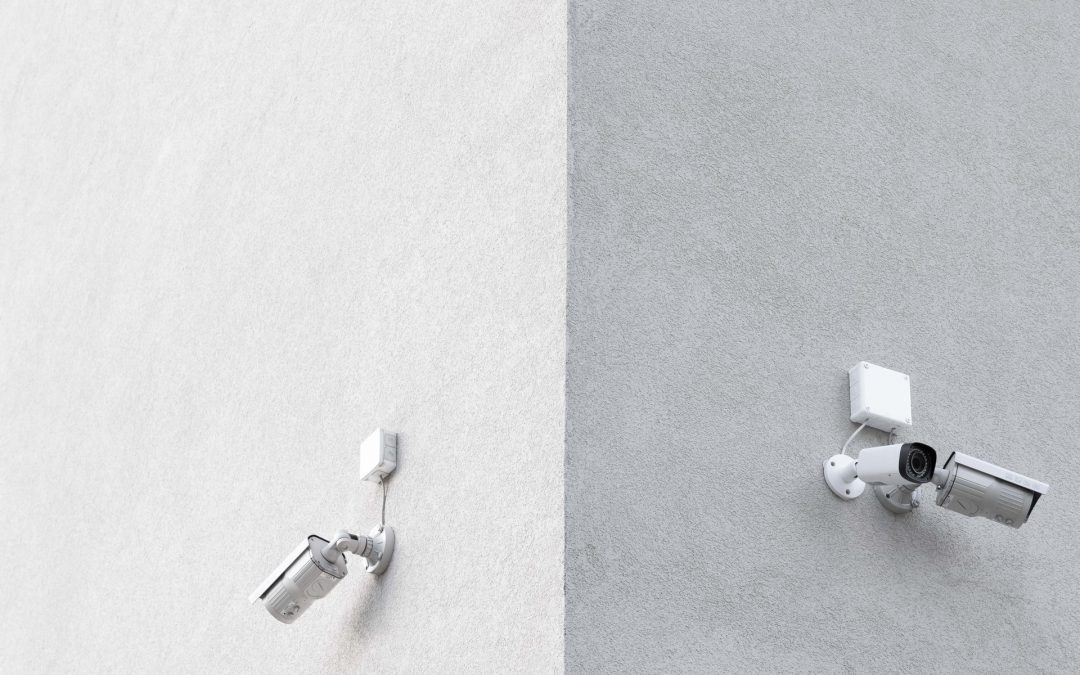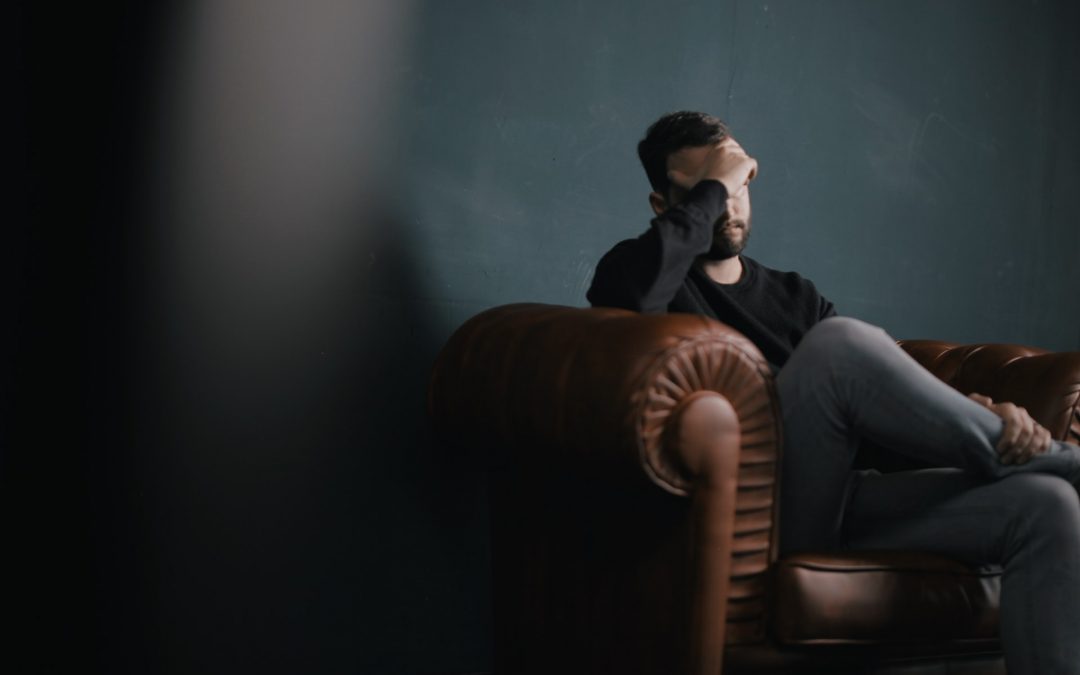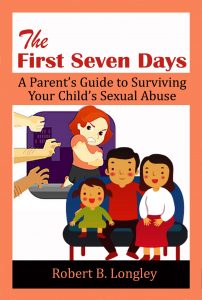
Making kids safe
April is National Sexual Abuse Prevention Month. Perhaps you didn’t get the memo. I hadn’t heard of it prior to about 8 years ago. I thought I hadn’t been paying attention, but sadly it is 1/12 of the year that goes by largely unnoticed. Breast cancer and Autism get 100 times more pr than sexual abuse. Once you have been around it a while, you learn why.
Sexual abuse scares people probably more than anything else. It’s something we don’t talk about, and people who have never experienced it try to convince themselves that it is something that happens to other people. There is a whole psychology of how people re-frame sexual abuse to shield themselves from the possibility that it could happen to them. It ends up being a viscous cycle. Every parent of an abused child probably thought it couldn’t happen to them. Your first step in making your kids safer is simply acknowledging that sexual abuse can affect anyone. If you aren’t up to speed on the numbers – 1 in 3 girls and 1 in 5 boys will experience some form of sexual abuse by the time they are 18. If you were worried about a car accidents, meningitis, or autism they are actually lower on likely list. If you want your kids to be safer, the first step is to accept that it is something that can happen to your children.
The Myths
The second step is getting beyond the main myth of sexual abuse. And that is that it’s something that is done by strangers. We have been drilled with this concept since before we can spell. Don’t talk to strangers. Don’t take candy from a stranger. But the reality is that 0ver 95% of all sexual abuse is committed by someone we know and trust. In the case of sexual abuse of children under the age of 10, there is almost always a 3 way trust relationship. The abuser is a person the parents trust, and that the child trusts. There is also the dual aspect of this that since parents trust the person, the child should trust them as well. When things start to become abusive this inner conflict drives children not to disclose the abuse because they know it is someone their parents trust.
And the third thing you can do towards making kids safe is to talk to them about sexual abuse, preferably before you have the “sex talk” with them. Age 9 is the average age of an abused child. Talking to your child about good touch and bad touch as early as pre-school is a good idea. It’s also important to discuss it with them every couple of years because it is something that needs to be reenforced over time. Encourage your children to tell you when things are bothering them. And let them know that any touching that someone (anyone) does that bothers them that they can tell you about it.
Fears with Making Kids Safe
If you are worried about screwing this up, you probably will. We’re parents – it’s what we do. We do the best we can with what we have. This is scary stuff, but isn’t that part of being a parent? We try to learn from others, educate ourselves the best we can, and try to beat the odds. If you have learned something new here, you have one more piece of information that you can leverage to keep your kids safe. Spread the word!
Let us know if we can help you dealing with your family’s sexual abuse situation. For ideas to get started please check out our book on what to do during the early days after disclosure.

